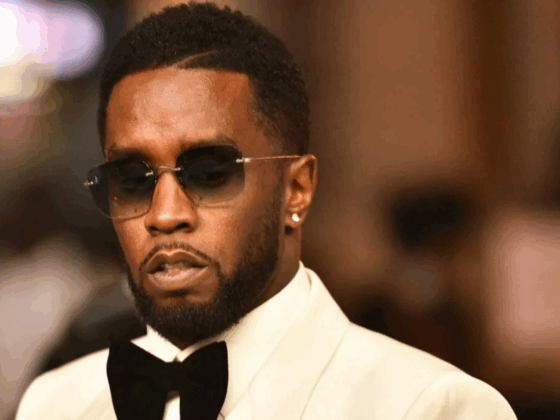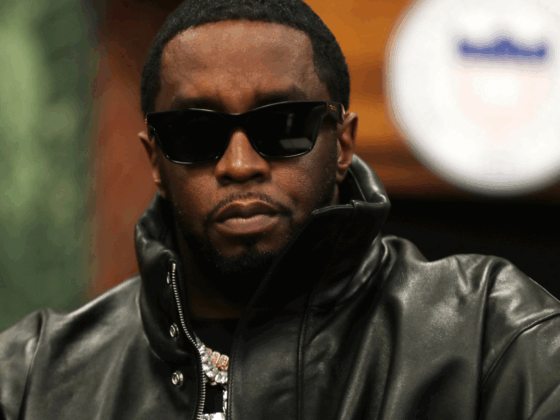
President Nemat Minouche Shafik is the subject of renewed scrutiny at Columbia University.
On Thursday, April 18, 2024, more than 100 people were arrested after Shafik reportedly summoned the New York Police Department (NYPD) to an on-campus protest encampment. Eight days later, the Columbia University Senate approved a resolution condemning the President’s actions, further calling into question the institution’s leadership.
“The decision by the University administration to call for police intervention on campus, after the Senate Executive Committee told the administration that the Executive Committee did ‘not approve the presence of NYPD on our campus at this time,’ has raised serious concerns about the administration’s respect for shared governance and transparency in the University’s decision-making process,” the resolution reads.
“The University Senate’s ‘Resolution Reconfirming Our Commitment to the Principles of Academic Freedom and Shared Governance’ explicitly states that “University policy in general should not be set by, or in deference to, entities external to the institution,” emphasizing that governance decisions should originate from the University Senate and administration through collaborative processes.”
Columbia University is one of several institutions around the country home to growing on-campus protest encampments. Among other demands, protesters at the Ivy League institution have called for the university to divest all funds from Israeli military operations. In recent days, the university has banned at least one student protester from campus and arrested at least 100 demonstrators. However, Columbia tells ABC News that the school is making “important progress” with demonstrators as the academic year winds down.
“We are making important progress with representatives of the student encampment on the West lawn,” the university stated.
However, the university didn’t specify what that “important progress” was or how it was made.






